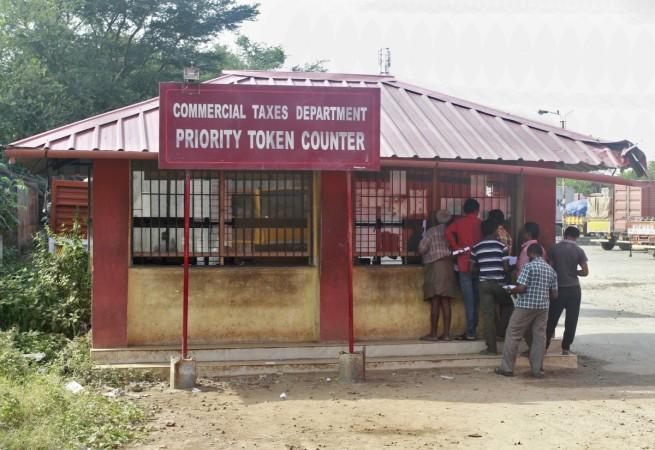
The Goods and Services Tax (GST) Council proceedings would be keenly observed by investors, manufacturers and analysts alike as the apex-decision body is expected to decide on the much-awaited standard rate to be levied on most goods and services.
The three-day meeting began on Tuesday and apart from the standard rate, it will also decided on the compensation formula on which states will be paid money in the initial years of GST, in lieu of foregoing their share of taxes.
The Congress, the main opposition party that has given unconditional support to the indirect tax legislation, is keen on fixing the standard rate at 18 percent.
The meeting is being held ahead of the crucial Winter Session of Parliament that begins from November 16.
It is widely expected that the GST Council may agree on sin tax at the rate of 40 percent, making consumption of products such cigarettes, costlier. The impact of such speculation did not reflect in the share price of ITC, which was trading at Rs 243.05, up 1.08 percent, at around 12.27 p.m. on the BSE.
The BSE Sensex was trading with gains on Tuesday, reversing its losing streak of the past few days, with Tata Steel, HDFC Bank, Adani Ports and ICICI Bank leading the rally. The benchmark index was trading at 27,772, up 242 points at around 12.13 p.m.
Shares of logistics companies hardened on hopes of positive outcome from the GST Council meeting. Snowman Logistics was up 4.60 percent and Allcargo Logistics was trading 2.59 percent higher at Rs 178.40. Other stocks in the category that were trading with gains included Patel Integrated Logistics, Sical Logistics and Shreyas Shipping.
The Indian rupee opened higher on Tuesday at 66.77 to the US dollar after closing at 66.89 on Monday. The intra-day range for the domestic currency is seen between 66.60-66.90 levels, IFA Global said in a note.
The creation of the GST Council was approved by the Union Cabinet on September 12 this year after which the first meeting of the apex body was held for two days — September 22 and 23, 2016.
The union finance minister is the chairperson of the Council. The mandate for the GST Council was broadly defined by the government in a notification on September 12.
"As per Article 279A (4), the Council will make recommendations to the Union and the States on important issues related to GST, like the goods and services that may be subjected or exempted from GST, model GST Laws, principles that govern Place of Supply, threshold limits, GST rates including the floor rates with bands, special rates for raising additional resources during natural calamities/disasters, special provisions for certain States, etc."
As an indirect tax GST affects rich&poor alike.I urge GST Council to keep the rate at 18% or lower so that the poor are not unduly burdened!
— Office of RG (@OfficeOfRG) October 18, 2016
All issues pending before the #GST Council will be decided by consensus. #GSTONTRACK https://t.co/FFpVL6RprP
— Arjun Ram Meghwal (@arjunrammeghwal) October 18, 2016








